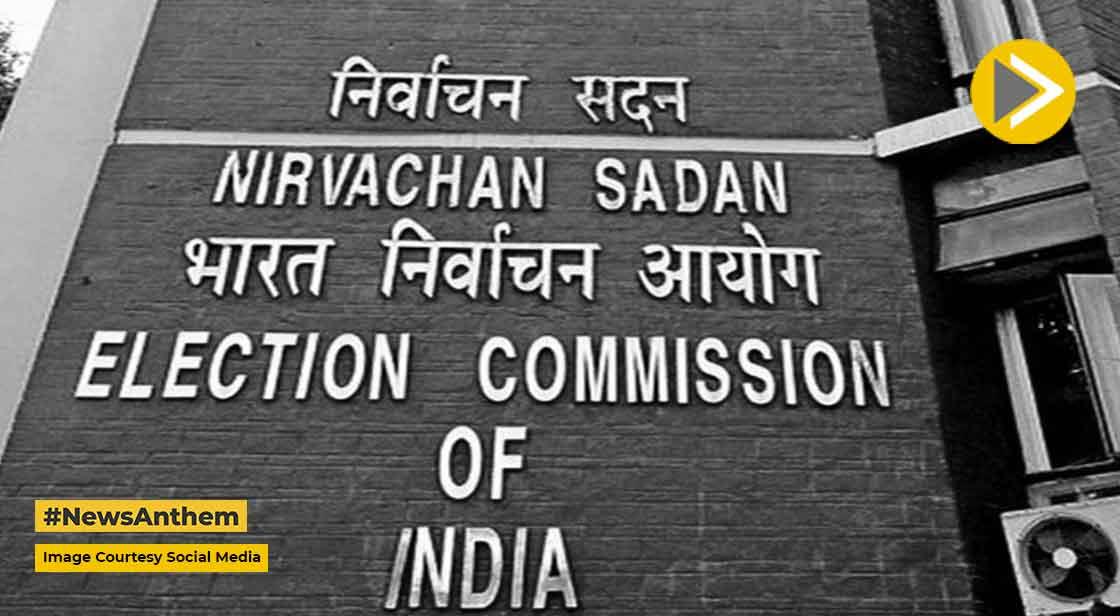EC Welcomes Group To Examine Culture Of Freebies, But Says It Cannot Participate

News Synopsis
The Centre, which has voiced worries about the practice of political parties giving out free stuff to voters ahead of elections, will inform the Supreme Court on Thursday of its willingness to establish an expert committee as the court has proposed in order to look into the matter. However, the Election Commission of India (EC) has stated that it will not be able to participate in any such committee, claiming that it would not be "proper" for the constitutional authority to be a member of the panel since it will "disturb the level-playing field."
When a Bench led by Chief Justice NV Ramana hears the case, Solicitor General Tushar Mehta is likely to provide the government's views. On August 3, the SC had recommended that the Union government set up a panel of experts to consider the advantages and disadvantages of government giveaways and measures to reduce extravagant political promises that are costly to the exchequer. The committee may consider the matter and provide a report, it was stated. According to the SC, the panel could include the Niti Aayog, RBI, EC, Finance Commission, government and opposition parties, as well as other stakeholders.
“Inputs have been taken from various ministries and departments, which will be placed before the SC. The Centre is against populist promises that could lead to fiscal disasters,” a senior official stated. Replying to the apex court’s suggestions, the EC has welcomed the setting up of any such expert committee having representation from a wide spectrum of the government and non-governmental bodies, concerned regulatory, planning, policy research institutions, political parties, domain experts crisscrossing relevant socio-economic sectors like agriculture, finance, banking, social justice and environment.
The Commission stated that it would greatly benefit from the recommendations of the expert body that the SC may deem appropriate to set up, and that it would give the expert body's suggestion in strengthening/modifying its existing guidelines in the interest of the integrity of the electoral process its highest consideration. The Chief Justice of India (CJI) had stated during the hearing that the practice of political parties offering free goods and services to voters in exchange for votes is a "serious economic issue" related to policy and that all interested parties, including "taxpayers and beneficiaries," should take part in the discussion.
While tax devolution is a state's inalienable right, NK Singh, the chair of the most recent (15th) Finance Commission (FC) and the head of the committee that recommended capping the general government debt at 60% of GDP, recently stated that the FC could be one of the institutional mechanisms to regulate spending on freebies, which undermine the basis of macroeconomic stability. He said that reducing giveaways and off-budget liabilities could be related to the revenue deficit assistance given to states.
Prime Minister Narendra Modi spoke out firmly against such "irrational" welfare initiatives on Wednesday, stating that they will "prevent the country from becoming self-reliant, increase the load on honest taxpayers, and impede investment in innovative technology."
You May Like









